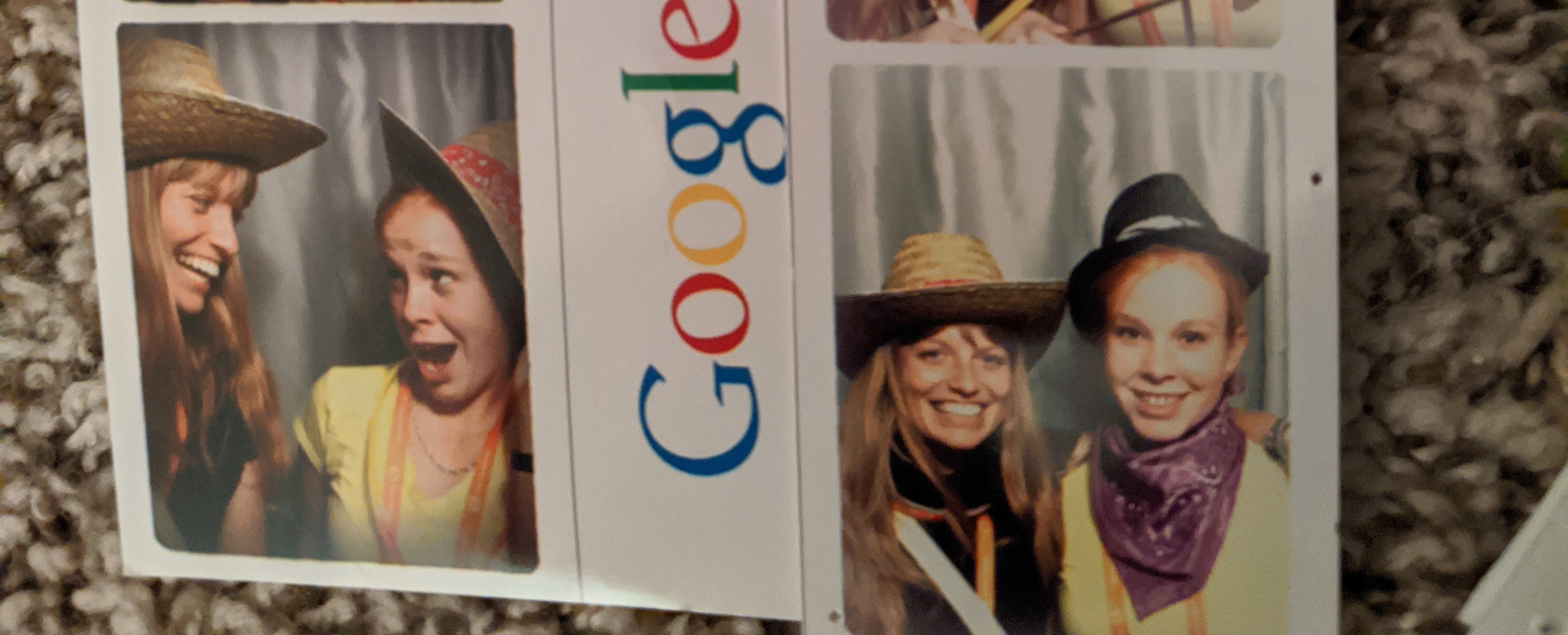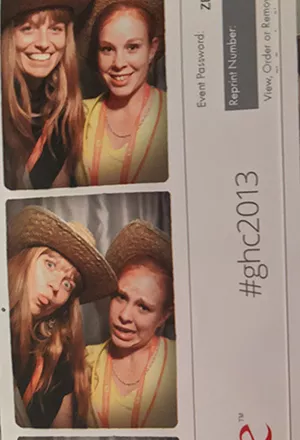A decade ago, a math professor and a computer science professor started a scholarship program to boost the number of women taking math and computer science at WWU.
That set off a chain of events that transformed the culture of the departments and increased their diversity.
For Computer Science Professor Perry Fizzano and Math Professor David Hartenstine, it’s extraordinarily satisfying to see.
“Working on these programs has been the most rewarding and enjoyable part of my professional career, for sure,” Hartenstine says.
The first step was a five-year grant from the National Science Foundation for the CS/M Scholars program, a scholarship for women that brought in 10 new students a year and funded up to 40 students in the program at once.
All participants had to take two seminars, one led by Hartenstine, and one led by Fizzano, that introduced them to the fields of math and computer science.
“On day-one they’re in a classroom full of students who share their interests. We build that community in those classrooms. Those classes focused on collaboration and problem solving,” Hartenstine says. “It was really a way to introduce the big pictures of the subjects.”
Kelly Lyon, ’15, B.S., was planning to become a math teacher when she took the scholarship. That first computer science seminar changed her mind.
“One of our assignments was to play this game where you see if you can program this robot to go and turn on a light. I spent hours and hours trying to play that game,” Lyon says.
“I never spent so long on a piece of homework that was not graded. I was hooked.”
Lyon ended up majoring in math with a minor in computer science, and now works as a software application engineer for Intel.
Fizzano says the program had “critical mass” effect. Having the group of scholarship recipients there made it easier for women throughout the department.
Andrea Frost, ’03, B.A., German and ’17, M.S., computer science, now a senior software security engineer at Dell, confirmed this.
She was in her 30s when she started taking courses as a post-baccalaureate student around 2012, and the department was 9 percent women.
“It seemed everyone else knew so much more than I did. I felt I like I was very far behind the curve,” Frost says. “I had a lot of questions about whether or not I belonged there.” But being around the other women who were in the scholarship program gave her that “sense of belonging,” she says.
“If you have moments when you are struggling and feel you don’t belong, and then you meet people who feel the same way, the conversation shifts to, ‘Let’s all keep going.’”
Frost became active with Association for Women in Computing, a student club that provided camaraderie, mentorship, career and leadership development, and hosted programs to spread the word.
A turning point for Frost came when she and Lyon got a scholarship to go to the Grace Hopper Celebration of Women in Computing and came back inspired to make the Computer Science Department at WWU more inclusive for women.
“We spent the whole plane ride home writing a list of things we wanted to be different,” Frost says.
Through the Association for Women in Computing, they raised money to send four more students to Grace Hopper the next year.
At the top of their list was an idea for a seminar all students would take, outlining guidelines for expected behavior.
At the time, the computer lab’s social scene was not friendly to women.
“Not just curse words, but, like, rape jokes,” Lyon says. “That’s not OK.”
By the time Lyon graduated, all new computer science students had to enroll in a new major orientation, which includes guidelines for professional and inclusive behavior in the lab.
The first scholarship program ended after five years, and Hartenstine and Fizzano started another one. This time around, the program is not restricted to women. Women, first-generation college students, and students from underrepresented backgrounds are specifically encouraged to apply, and most participants are women or from other groups underrepresented in the fields.
Hartenstine and Fizzano also added a mentoring program. Juniors and seniors mentor freshmen and sophomores, and recent graduates mentor juniors and seniors.
The mentorship connections provided welcome human contact during the pandemic, Fizzano says.
Fizzano is opening the mentorship program to the whole Computer Science Department. This year, all freshmen and sophomores can sign up.
The Association for Women in Computing just changed its name to the Association for Gender Inclusion in Computing, and it’s going strong.
The association’s co-president, Abby Smith, a junior from Colorado, says the department does a good job putting people on an equal footing, including those who come to college with less exposure to computers.
“They’re assuming you have never seen a computer in your life,” Smith says. “They also make sure they are using inclusive pronouns. The first time I ever heard ‘she’ as a default for a computer scientist was at Western.”
The percentage of women who are computer science majors at Western has doubled, even as the department boomed to quadruple the number of students over 10 years. Math, which started out around one-third female, has seen gains too.
Fizzano used to hear regular complaints about sexist behavior in the computer labs. Now, those complaints are rare.
The culture in the department has changed for the better, Fizzano says.
“What we don’t want to have happen—where we feel we failed—is if somebody says, ‘Oh I really like computer science but I bailed because I don’t like the culture in the department.’” Fizzano says. “And that was happening back in the day.”
Frost, who lives in Bellingham, likes what she sees when she comes in to sit on panels of alumni during career events.
“It’s great to look out on the audience to see so many women and diversity in general,” Frost says. “It definitely looks a lot more diverse than when I was in school.”

